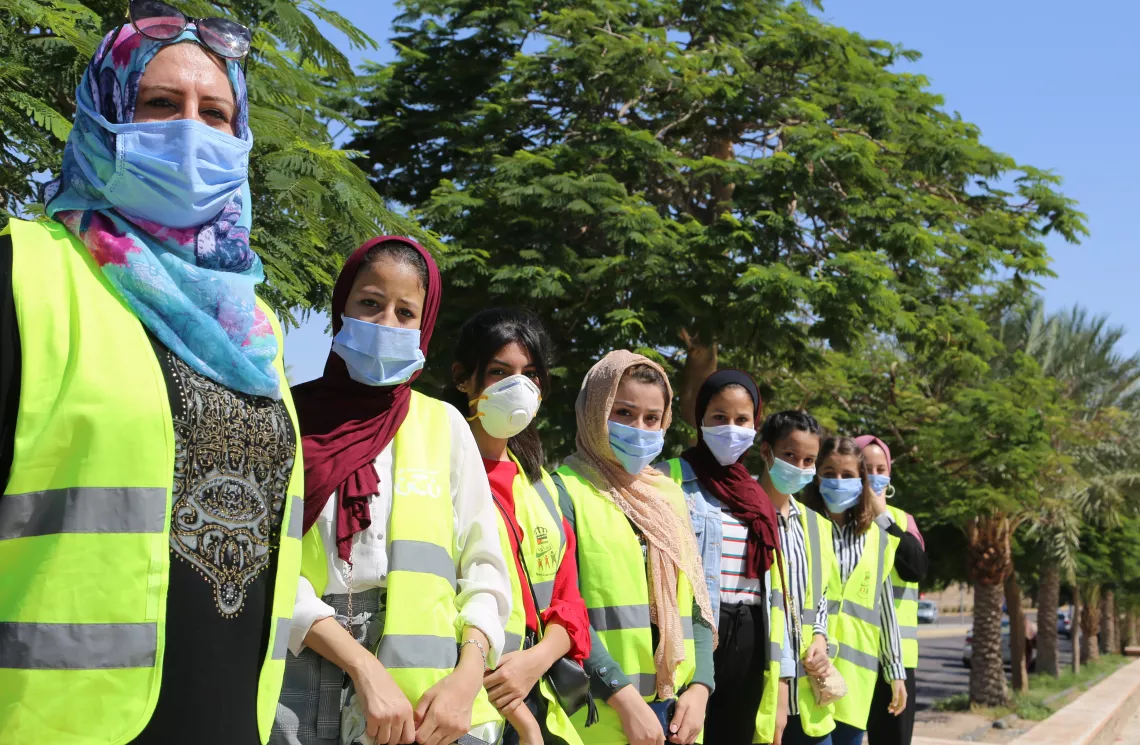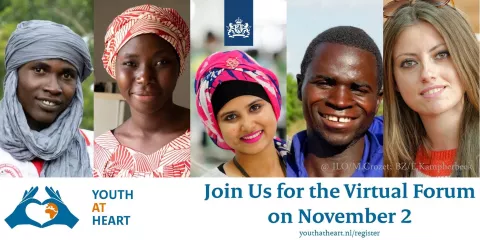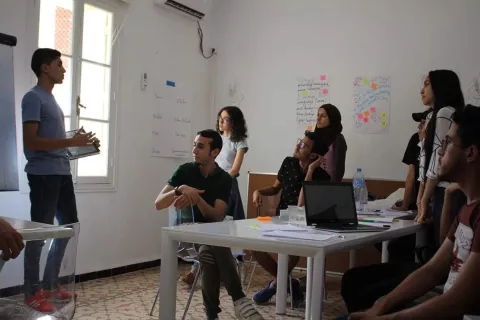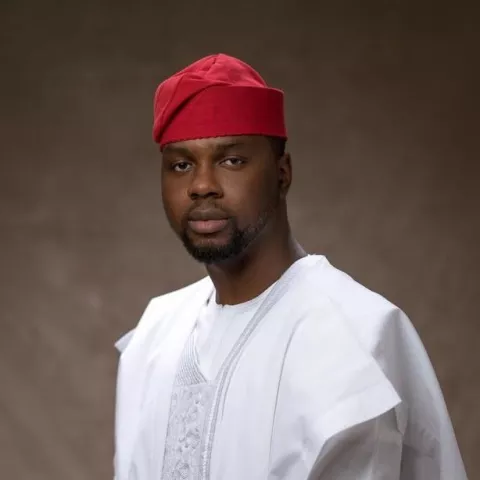Young volunteers have the power to deliver change
On International Volunteer Day, let’s salute young volunteers as changemakers

The continued spread of the novel coronavirus across the globe has underscored the importance of engaging local actors in communities, who are critical in responding to the current emergency and to reimagining and rebuilding a post-pandemic world.
In particular, young volunteers have been leading the charge, unleashing their power as changemakers to support the primary public health response, mitigate many of the secondary effects, and start the long recovery process. From India to Botswana to New York City, we’re witnessing the power of youth volunteers to shape our societies and contribute to more just and equitable outcomes.
On this International Volunteer Day in the year of the pandemic, we salute youth volunteers who are showing up in a moment of crisis in myriad ways – from busting myths in Bangladesh to providing goods and services to isolated and vulnerable populations in Jordan. The examples below illustrate the power of young volunteers to deliver change. They are and will continue to be critical as UNICEF and partners proceed in the quest to reimagine and rebuild a better world for children.
Examples include:
- In Bangladesh youth volunteers are busting myths and combating misinformation
- In Jordan, more than 34,000 young volunteers are taking on numerous tasks to support the pandemic response – including food delivery to vulnerable and isolated population and online support and communication of accurate information.
- Volunteers in Kyrgyzstan have been working with the Ministry of Education and Science of Kyrgyzstan to develop lessons in sign language so that children with hearing impairment can learn during school closures. In the first 45 days, volunteers developed 420 online lessons, contributing to reach 1.7 million students across the country with accessible learning materials.
- In Nicaragua, volunteers are producing radio spots, posters and videos on hand washing, social distancing and preventing intrafamilial violence. Examples include design of a digital game to combat the impact of fake news and a weekly mapping of fake news. Additional volunteers are supporting UNICEF and the Global Movement for Children to assess the impact of COVID-19 on the lives of children and their households.
- In Brazil 3,500 young people applied to volunteer on the office’s COVID response initiatives. For their first project they produced a COVID dictionary to demystify the big terms into their own slang/local language.
- In Burkina Faso 15,000 young volunteers have been deployed throughout the country via the national volunteering programme. Often students themselves, volunteers travel to schools to raise awareness on the importance of adopting preventative actions to break the chain of COVID-19 transmission. Since the start of the pandemic in Burkina Faso, awareness-raising activities and community engagement on COVID-19 prevention have reached over 9 million people in the country.
As these examples demonstrate, young changemakers lie at the heart of how we respond to the current emergency and to how we reimagine and build back a world fitter for children. Volunteering also helps empower and upskill the volunteers themselves, which is why volunteer engagement constitutes a critical prong of Generation Unlimited.




